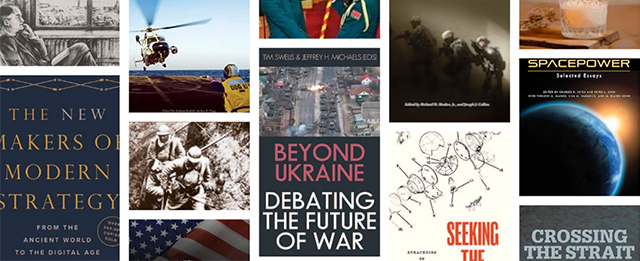Files
Download Full Text (8.3 MB)
Description
There is a growing body of evidence that shows how outcomes are better for whole societies when women participate in peace talks, security-sector planning, and reconstruction efforts. For example, women often raise day-to-day issues such as human rights, citizen security, employment, and health care, which make peace and security plans more relevant and more durable. They speak on behalf of marginalized groups, often crossing cultural and sectarian divides, which helps give voice to everyone seeking a peaceful future. And once consensus is reached, women can help translate peace from an agreement on paper into changes that make a real difference in people’s lives.
Document Type
Book
Topic(s)
Women, Peace, and Security, NATO, Terrorism and Extremism
Publication Date
2015
Publisher
National Defense University Press
City
Washington, DC
Recommended Citation
Clinton, Hillary Rodham; Panetta, Leon; Amos, Valerie; Bachelet, Michelle; Barton, Rick; Byrd, Miemie Winn; Cammaert, Patrick; CdeBaca, Luis; Ham, Carter F.; Huang, Cindy Y.; Lyman, Princeton N.; McRaven, William H.; Morris, Jane Mosbacher; Mullen, Michael; Mulvehill, Scott T.; Pillay, Navanethem; Skåre, Mari; Stavridis, James G.; Steinberg, Donald; and Verveer, Melanne, "Women on the Frontlines of Peace and Security" (2015). Books and Book Chapters. 11.
https://digitalcommons.ndu.edu/books-and-book-chapters/11



